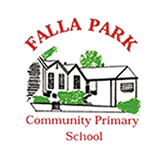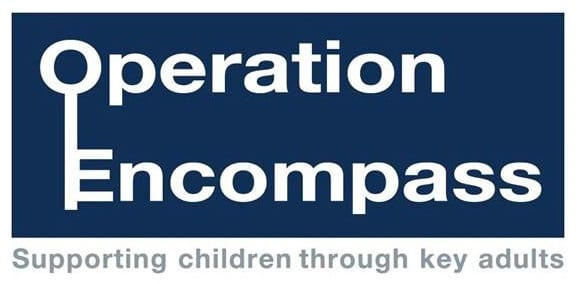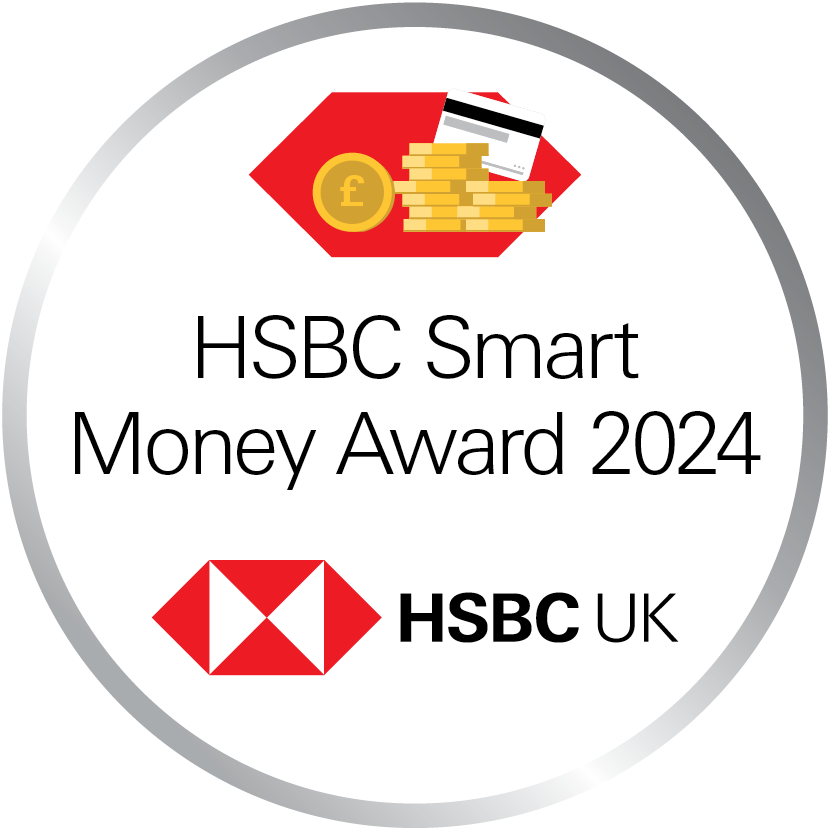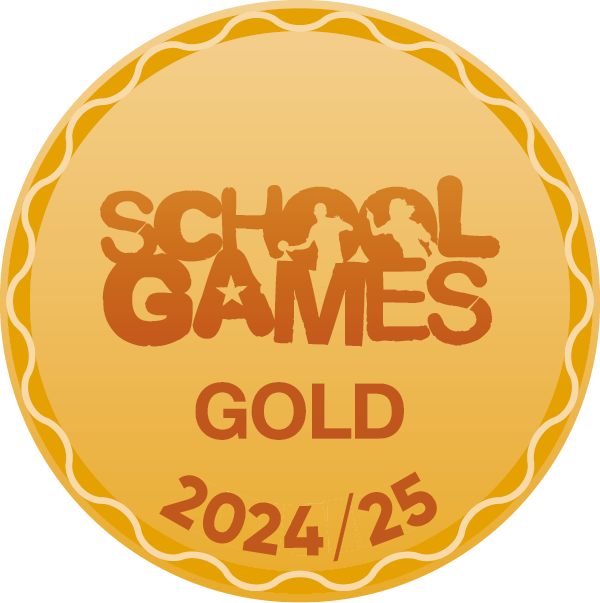Maths
Intent, Implementation and Impact Statement
Intent
At Falla Park Community Primary School we recognise that mathematics is an essential part of everyday life. Whether you are baking, paying for your weekly shopping or ensuring you are on time for an event, maths is being used. Maths is everywhere.
‘Without mathematics, there's nothing you can do’
Albert Einstein
We strive to support our children to become confident and competent mathematicians, instilling a positive, ‘can do’ attitude towards the subject so that they leave us able to use mathematics in their daily lives. At the forefront of maths lessons is making the learning relevant to our children by ensuring clear links are made to real life situations as well as making links to other subject areas such as science and computing.
In addition to recognising the important role maths plays in everyday life we also know that many of the careers our children will go on to choose in the future will require some element of maths. We want our children to have the confidence and ambition to choose these careers without concern about their mathematical ability.
During day to day teaching, our intention is to provide a classroom environment where all pupils are encouraged and able to participate and contribute, and where they are supported to develop a depth of understanding of the maths being explored rather than accelerating through content. We want our children to make progress from their starting points and our curriculum ensures that skills are built upon year on year. This mastery approach is underpinned by the 5 Big Ideas (NCETM), which are: Mathematical Thinking, Variation, Fluency, Coherence, and Representation and Structure.
Implementation
We teach maths daily covering all aspects of the National Curriculum for mathematics (National Curriculum - Maths), using the National Primary Guidance (National Primary Guidance - Maths) and following the suggested sequence set out in the NCETM Curriculum Prioritisation units (NCETM Curriculum Prioritisation), which we feel provides a more coherent order to our teaching of different units across the years. Undoubtedly, one of the most valuable parts of this curriculum is the access to the Professional Development Materials (NCETM Professional Development) to support our planning, resourcing and day to day delivery. One of our priorities in maths is to ensure teachers mathematical subject knowledge is continuously developed both using these materials, week on week, and by also attending regular relevant training through our local maths hub. This training has now extended to HLTA’s to ensure a whole school approach to teaching for mastery. By using all of these materials, teachers are empowered to use their professional judgement to create daily maths lessons which provide small but purposeful steps to learning. Lessons follow a concrete, pictorial, abstract approach so that our children are able to tackle abstract concepts in a more hands on and tangible way and in turn their understanding is developed, and confidence is built.
We have key principles which underpin calculation across school and have adopted a useful set of representations, which are met regularly throughout a child’s school journey. By frequently revisiting this core group of manipulatives and representations, year on year, the children can consolidate these essential representations and use them to support their thinking and problem solving. (Further details of our CPA approach and use of core representations are found in our calculation policy.)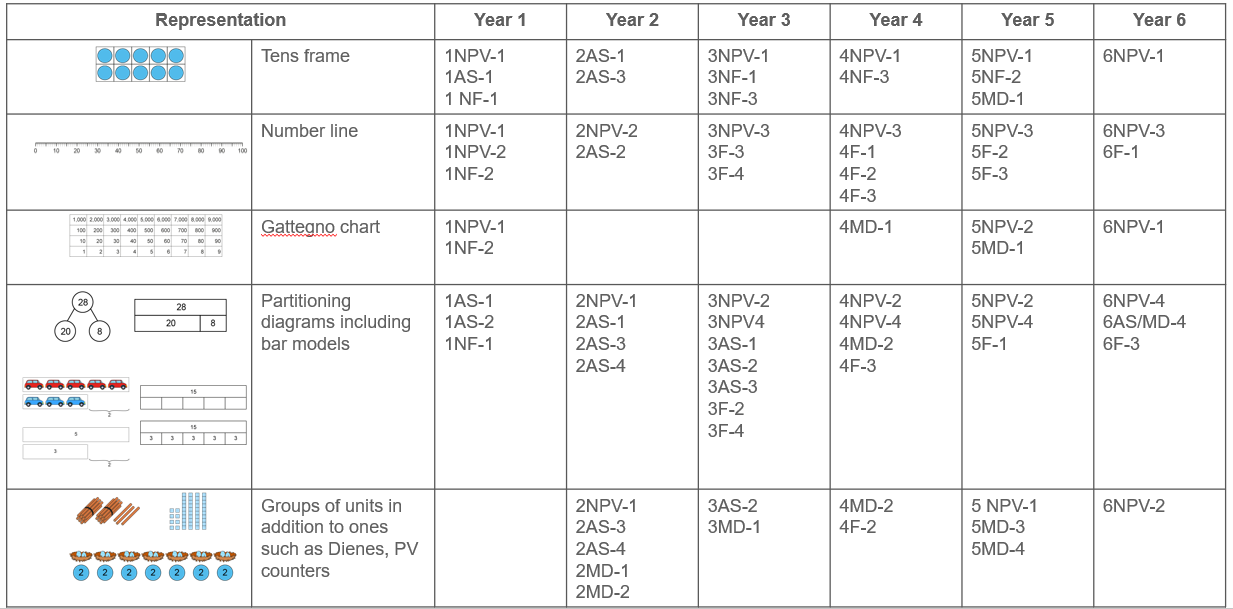
Our move to using the NCETM curriculum prioritisation was largely done in response to the impact of the pandemic where we moved our focus towards the ready to progress criteria and means there is currently a greater emphasis on fluency in recall as well as calculation methods, automaticity of key facts and number sense across the whole school. We prioritise and cover this in daily additional maths sessions following the Mastering Number Programme and in 2023/24, after seeing positive outcomes with this programme in Reception and Key Stage 1, we have rolled out the programme into Year 4 and 5 (focus on multiplication and division). In addition to this we have dedicated, additional daily maths sessions in Year 1 – 6 to continually revisit and review prior teaching and to address areas which need more practise.
Assessment – As well as our day to day informal assessments, we more formally assess and monitor achievement and understanding using the NCETM curriculum prioritisation topic assessments (pre and post assessments). These are based on the end of year expectations. In addition, we use our Local Authority assessment profile at the end of each term (now specifically linked to the NCETM prioritisation materials) to monitor achievement towards each year groups expectations. Analysis of all of this allows us to target children who need interventions or same day additional input. In Years 2 and 6 children are more formally assessed using SAT’s tests.
SEN – We believe that all of our children can progress and succeed in maths and we want all of our children to have that belief too. We ensure our lessons support the range of needs in each class and teachers make adaptations to the content and resources as they feel necessary on a lesson by lesson basis so that all children know success and progress. This could be through adult directed support during the lesson, through the use of resources and through intervention or same day fix-its informed by assessments. Where there are cases when pupils are working significantly below their year group content, such pupils will be given a bespoke curriculum, based upon their needs (as identified on their learning plan or EHCP).
Impact
As a result of the mathematics teaching and learning taking place at Falla Park you will find:
- Children who are increasingly confident using and understanding mathematical language
- Lessons that follow a clear concrete, pictorial, abstract approach so that conceptual understanding is built up over time
- Representations used repeatedly, year on year, so that children have a deep understanding of the maths being taught
- Relentless focus on the automaticity of key facts and knowledge
- Ongoing assessment used to ensure children keep up and make good progress
Curriculum Overview
-
Nursery Curriculum Overview
download_for_offline
download_for_offlineNursery Curriculum Overview
- Reception Curriculum Overview download_for_offline
download_for_offlineReception Curriculum Overview
- Year 1 Curriculum Overview download_for_offline
download_for_offlineYear 1 Curriculum Overview
- Year 2 Curriculum Overview download_for_offline
download_for_offlineYear 2 Curriculum Overview
- Year 3 Curriculum Overview download_for_offline
download_for_offlineYear 3 Curriculum Overview
- Year 4 Curriculum Overview download_for_offline
download_for_offlineYear 4 Curriculum Overview
- Year 5 Curriculum Overview download_for_offline
download_for_offlineYear 5 Curriculum Overview
- Year 6 Curriculum Overview download_for_offline
download_for_offlineYear 6 Curriculum Overview
Early Years
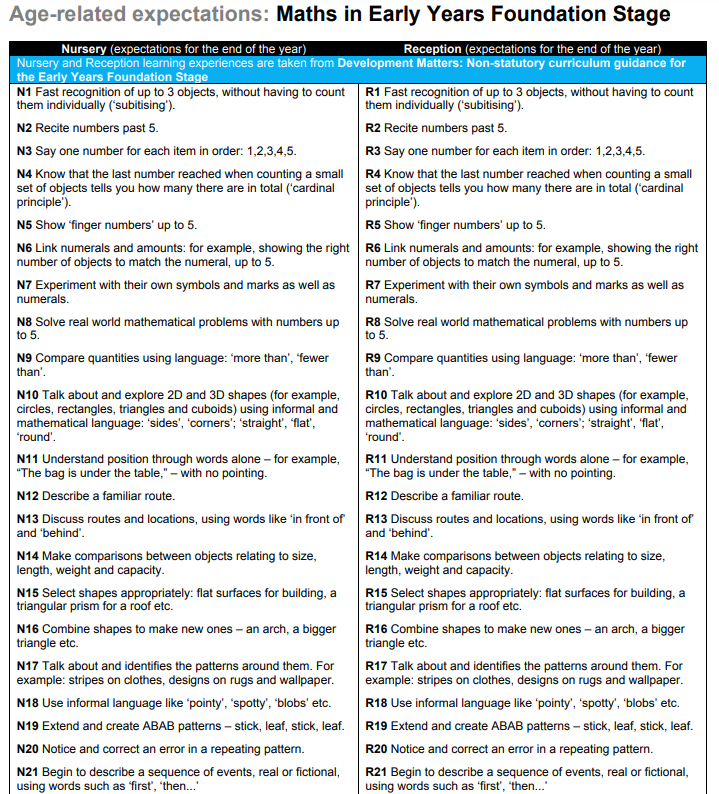
Recall of Facts
By the time the children leave Key Stage 1 the aim is for them to have a quick and fluent recall of a number of facts. Recall of these is integral to becoming an efficient mathematician with good number sense. There are a range of different strategies used so that working memory is not overloaded. By learning a small number of facts. For example; bonds for 10 and doubles, others can be quickly derived.
By using the NCETM prioritisation materials alongside our daily Mastering Number sessions across Early Years and Key Stage 1 we are giving children the best chance to gain a deep understanding of many of these methods. In addition to this, daily intelligent practice allows the children to embed their recall of these facts to automaticity.
The children also use the Numbots and White Rose Maths apps for short periods at school and at home to further practice and consolidate these facts. Both apps use pictorial representations alongside abstract calculations most of which the children are very familiar with.

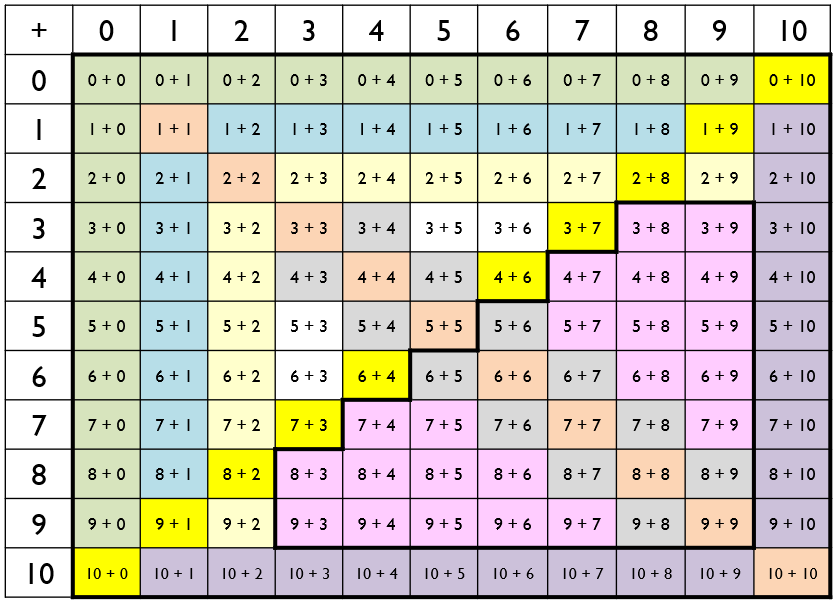
Mastering Number
Mastering Number Year 1 Overview
Mastering Number Year 2 Overview
Financial Education
Financial Education (HSBC Bank)
Over the years we have developed a strong relationship with HSBC Bank who come into school each year to work with our children on different aspects of financial education. This teaching covers areas such as budgeting, online spending and saving and give children a real understanding of why we need a good grasp of basic maths. We received an award in recognition of this work in 2022/23.
- Reception Curriculum Overview download_for_offline
